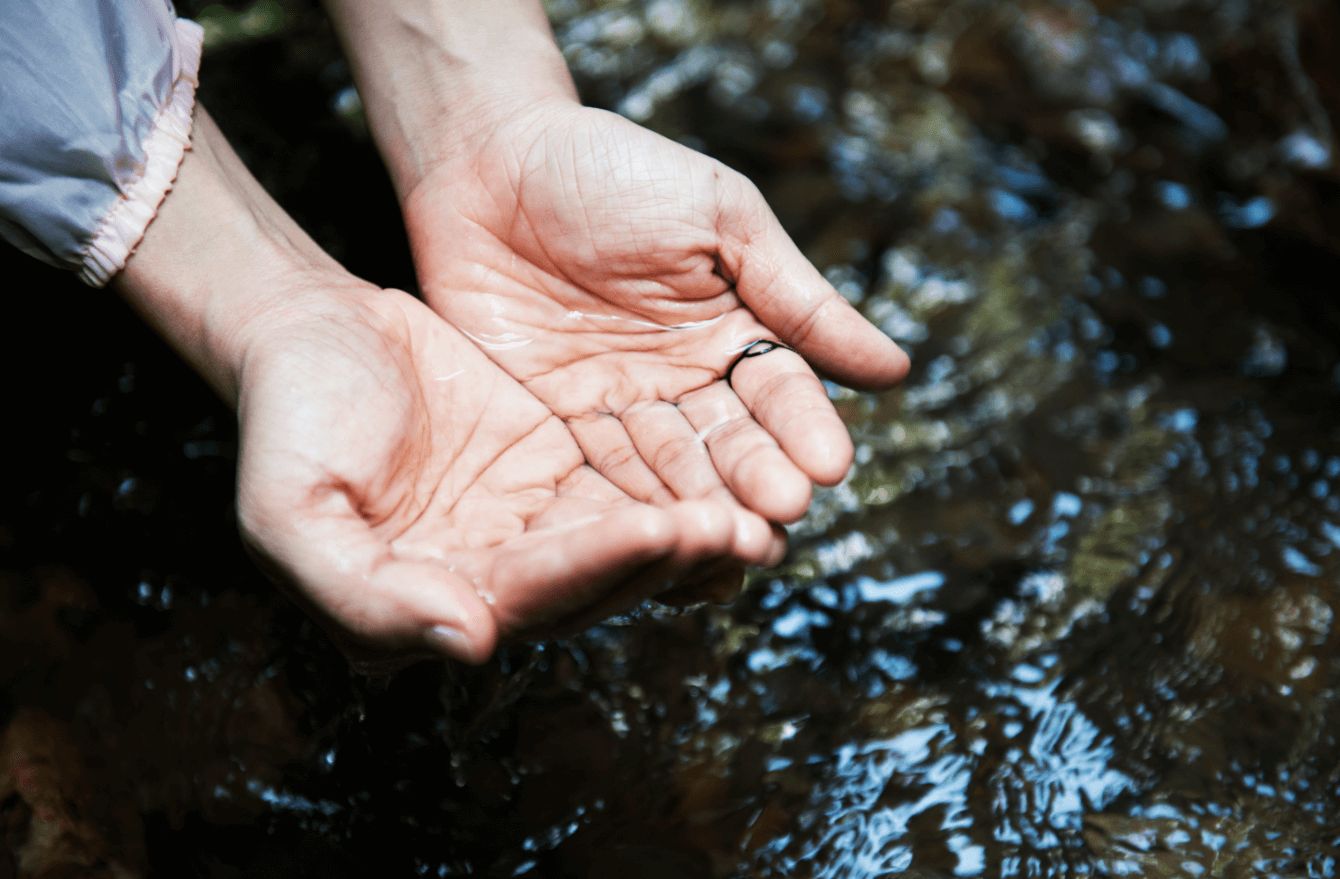- Thriving Guide
- Posts
- Can Someone Really Have a Water Allergy?
Can Someone Really Have a Water Allergy?
Understanding the rare condition known as aquagenic urticaria and how to manage it.

While it sounds impossible, some people experience painful hives when their skin comes into contact with water a condition known as aquagenic urticaria. This rare reaction can make simple activities like showering or swimming uncomfortable and challenging.
What Is Aquagenic Urticaria?
Aquagenic urticaria isn’t a true allergy but a hypersensitivity reaction. When water touches the skin, it interacts with certain proteins, prompting an immune response. Mast cells release histamine and other inflammatory substances, leading to redness, itching, and hives.
Fewer than 100 cases have been documented worldwide, making this one of the rarest dermatological conditions.
Who Can Be Affected?
The condition often appears during adolescence or early adulthood and affects men and women equally. Genetics may play a role, but the exact cause remains unknown.
Common symptoms include:
Raised, red hives within 20–30 minutes of water exposure
Burning or itching sensations
Prickling discomfort
Rarely, shortness of breath or wheezing
The hives typically fade within 30–60 minutes once the skin is dry.
How Is It Diagnosed?
A dermatologist or allergist may perform a water challenge test to confirm the condition. During this test, a damp towel or compress is applied to the skin for 15–40 minutes, and the reaction is monitored. Antihistamines should be avoided before the test for accurate results.
Treatment and Management
There is no cure, but symptoms can often be managed through:
Antihistamines (such as cetirizine or fexofenadine)
Barrier creams like petroleum-based ointments before water exposure
Phototherapy or light-based treatments to desensitize the skin
In severe cases, biologics like omalizumab or other prescription medications may be considered under medical supervision.
Tips for Showering:
Take shorter showers or use wet wipes to limit exposure.
Apply protective ointments to create a barrier.
Avoid excessively hot water, which may worsen irritation.
When to Seek Help
See a healthcare provider if you develop hives or itching after water contact. Immediate medical attention is needed if you experience severe symptoms like swelling of the face or tongue, fainting, or difficulty breathing.
Key Takeaways
Aquagenic urticaria is a rare condition causing hives after water contact, but with the right treatment and preventive measures, many people can lead comfortable lives. Early diagnosis and tailored care can significantly improve day-to-day management.
Share this article or subscribe to our newsletter to learn more about unique health topics.